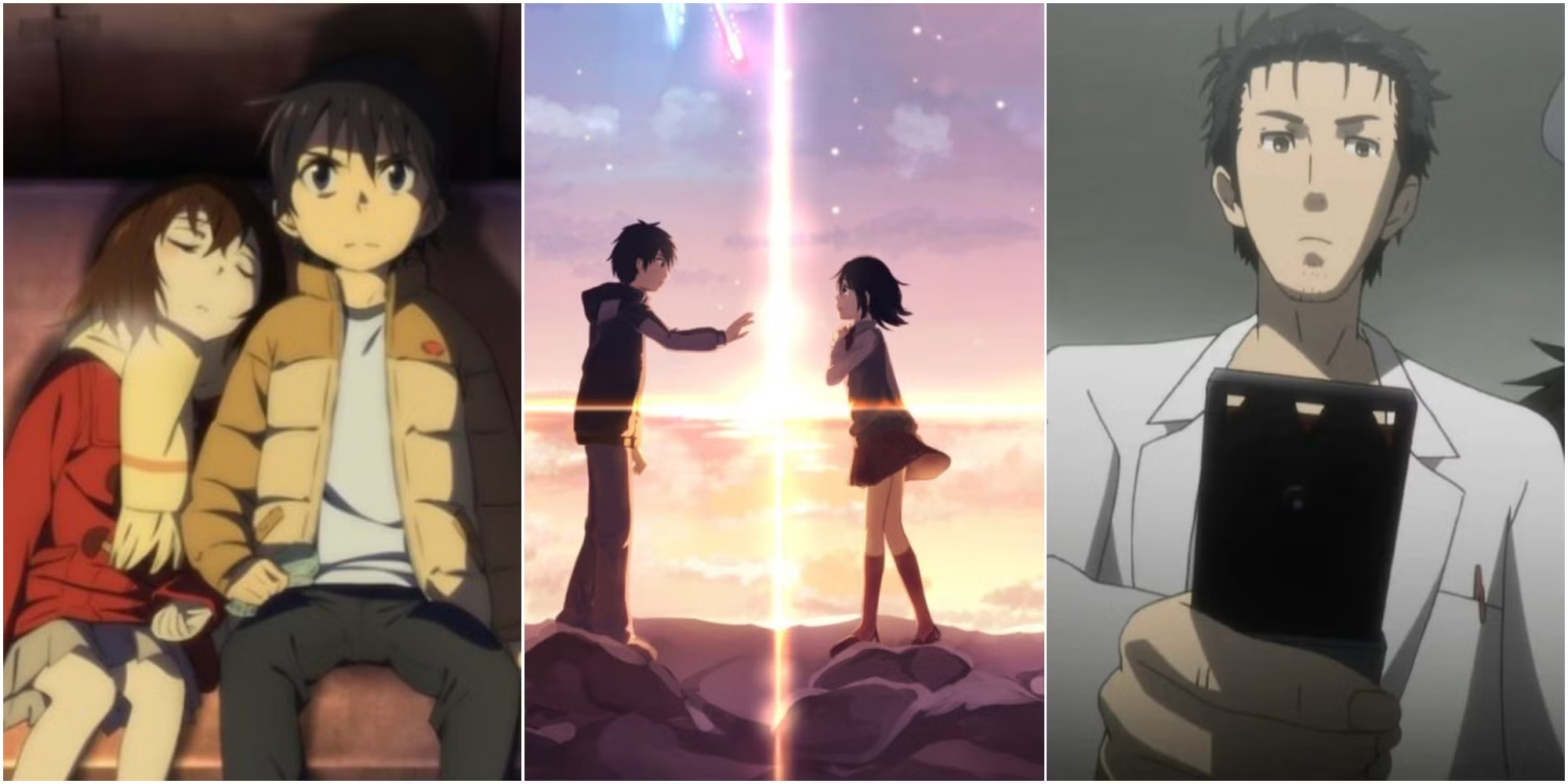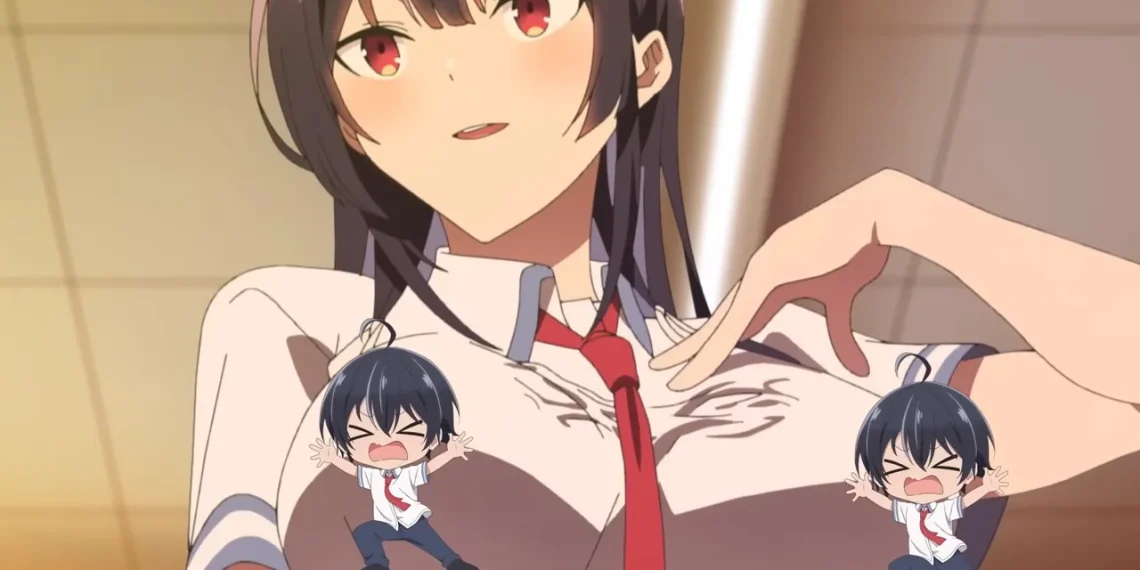Texas has passed a controversial bill that officially categorizes specific types of anime as “sexually perverse” content, igniting a heated clash between conservative Christian groups and the anime community. The bill, which restricts the sale and distribution of several anime series to minors, passed with strong support from religious lobbyists who argue the genre poses “moral and psychological dangers” to children.
Celebrated as a “triumph for family values” by evangelical groups across the state, the legislation has drawn swift condemnation from fans and civil liberties advocates. Many see it as a form of cultural censorship that unfairly targets Japanese animation based on biased interpretations and selective outrage. Anime fans, creators, and academics alike are raising alarms over what they call an authoritarian move dressed as child protection.
Religious Groups Applaud the Clampdown

The bill singles out anime with what lawmakers term “excessive sexualization of minors” and “distorted gender representation,” drawing heavily from rhetoric pushed by evangelical advocacy networks. These groups argue that anime normalizes “perversion” and erodes American values, with some even likening it to “animated pornography.”
At a press conference in Austin, Christian leaders and lawmakers stood side by side, claiming victory in a “battle for the soul of America’s youth.” They cited anime titles like Prison School and Redo of Healer as examples of the genre’s so-called moral decay. Church groups across the state have already launched efforts to “purge” anime from school libraries and local comic shops.
Anime Fans Cry Foul Over Cultural Discrimination

Otakus, artists, and anime retailers have blasted the bill as an ignorant overreach. Many argue that lawmakers have little to no understanding of anime’s breadth or cultural significance. “It’s a smear campaign,” says one Dallas-based manga store owner. “They lump every title into one category without nuance. It’s like banning all American movies because American Pie exists.”
Fans have taken to social media to denounce the bill, organizing petitions and planning protests. Cosplayers, convention organizers, and anime voice actors have spoken out as well, pointing out how the bill not only impacts commerce but also tramples on creative freedom. Critics also warn that the legislation sets a dangerous precedent for culturally targeted censorship.
Scholars and Free Speech Advocates Sound the Alarm

Cultural critics and legal scholars argue that the bill may violate First Amendment protections, especially since anime encompasses a wide spectrum of genres, styles, and age ratings. “This is a classic moral panic,” says a media studies professor at UT Austin. “Anime is being scapegoated due to ignorance, fear, and cultural prejudice.”
Organizations like the ACLU are reviewing legal options to challenge the law, calling it vague and overly broad. With the anime industry playing a major role in global entertainment and generating billions annually, many fear the law could also deter international publishers from doing business in Texas.
A Deepening Divide Between Generations and Cultures
While Christian activists see the bill as protecting youth from harmful influence, younger generations see it as proof that lawmakers are disconnected from global pop culture. The controversy highlights a growing rift: anime’s rise in mainstream American media clashes with traditionalist forces bent on restricting its influence.
As anime conventions prepare for summer, Texas’s decision looms over retailers and fans alike. Whether the law survives court challenges or inspires similar bills elsewhere remains to be seen—but one thing is clear: the battle over anime in America is no longer just about cartoons. It’s a flashpoint in the country’s ongoing culture war.




